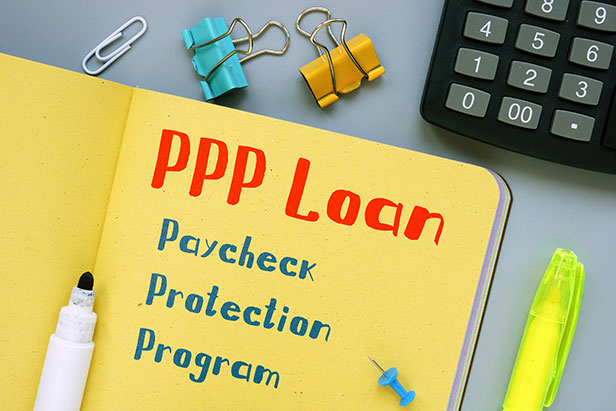News May 28, 2020
House Passes PPP Extension
The legislation, which still needs approval from the Senate, gives small businesses more flexibility in how they spend coronavirus relief funds.
The House of Representatives has voted to give small-business owners more flexibility in how they use money from the Paycheck Protection Program (PPP). The bill also extends the amount of time businesses have to use the coronavirus relief funds from two months to six.
“Small businesses continue to have a tough road ahead and they need flexibility in how they use the emergency capital, and this provision gives them that,” said Democratic Rep. Nydia M. Velázquez, chair of the House Small Business Committee.

The Senate still needs to pass the legislation before the changes can be implemented. Last week, senators put forward a similar plan, but weren’t able to get it passed; however, they’re expected to revisit the issue next week when they’re back in session.
Voted in on Thursday, May 28, the House bill reduces the share of aid money that small businesses are required to spend on payroll to 60%. Previously, owners were required to spend at least 75% of the funds on payroll in order to ensure the loan would be forgiven. The bill extends the window businesses have to use the funds to six months – or 24 weeks – as opposed to the two months in the original legislation. It pushes back a June 30 deadline to rehire workers, extends the time businesses have to repay the loan if the debt’s not forgiven and allows companies that get loan forgiveness to defer payroll taxes.
Dubbed the Paycheck Protection Program Flexibility Act, the legislation was introduced by Republican Rep. Chip Roy of Texas and Democratic Rep. Dean Phillips of Minnesota.
The National Federation of Independent Business supported the House legislation, according to the Washington Post. “Together, these changes will allow more businesses to receive PPP loan forgiveness and have liquidity after the PPP ends,” the NFIB wrote in a letter to lawmakers.
Even as Congress works top make the PPP loans more flexible, demand from small businesses for the loans has declined dramatically. Overseen by the Small Business Administration, the PPP launched on April 3, part of the $2.2 trillion CARES Act. By April 16, just over two weeks later, the initial $349 billion in PPP funding was gone, scooped up by businesses negatively impacted by shutdown orders related to the coronavirus pandemic. Congress approved a second $310 billion round of funding on April 27. There’s still more than $140 billion left in the program.
It's been speculated that the drop in interest has been due, in part, to business owners’ confusion over terms and apprehension about being on the hook for paying the loan back.
